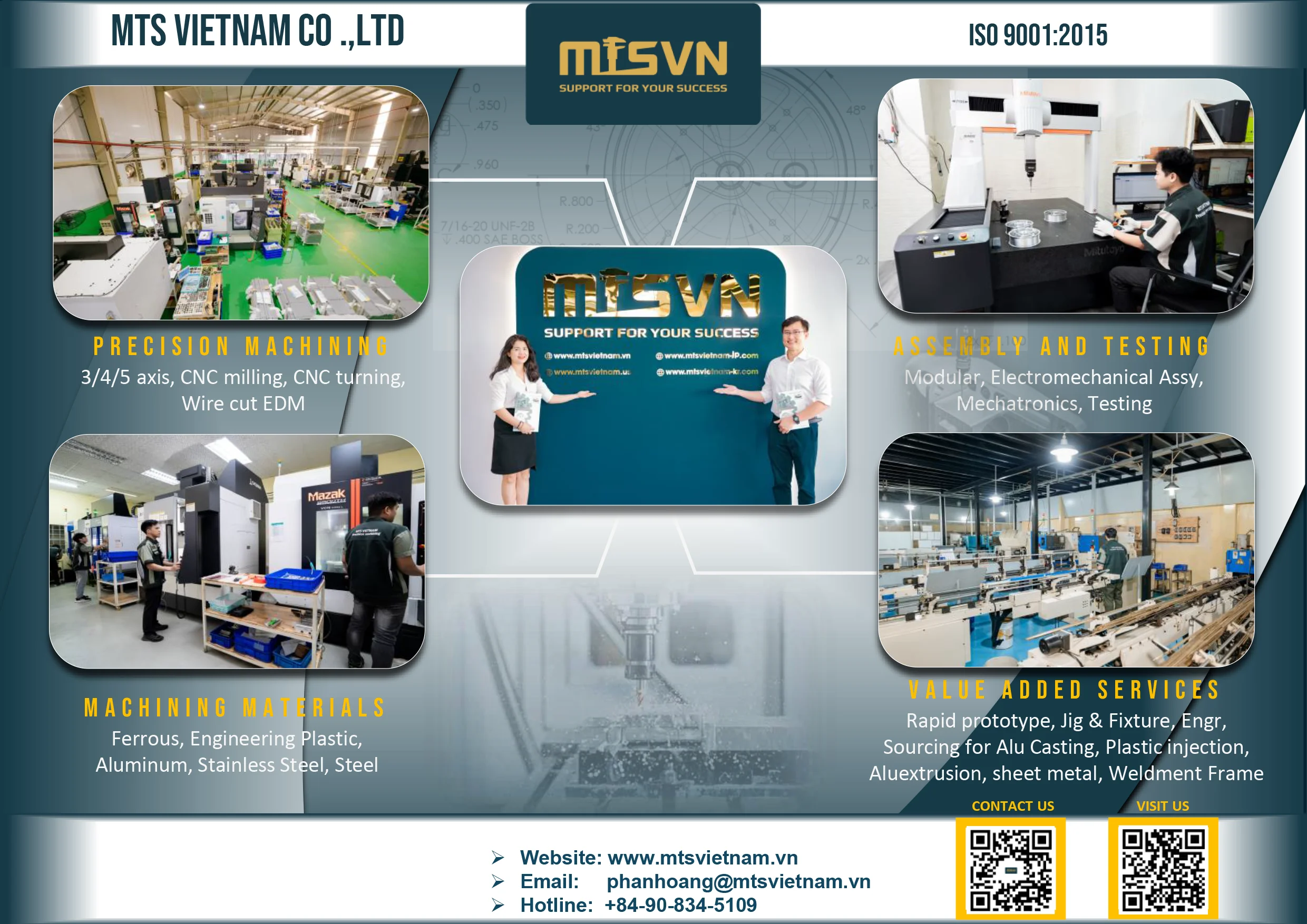Precision mechanical engineering, or precision mechanics, is a sub-discipline of mechanical engineering that focuses on designing and manufacturing components and systems with extremely high precision and tolerances. It's a field where the margin for error is significantly lower than in general mechanical engineering, often down to micrometers or even nanometers. This level of precision is crucial in various applications, including aerospace, medical devices, automotive, and robotics, where the performance and reliability of the machinery or instruments depend heavily on the accuracy of their components.
Key Aspects of Precision Mechanical Engineering
- Tight Tolerances: Precision mechanics involves working with tolerances that are significantly tighter than what is found in general manufacturing processes. Tolerances refer to the allowable limits of variation in the dimensions of a component. In precision mechanics, these tolerances can be as small as a few micrometers or less.
- Advanced Materials: The field often requires the use of advanced materials with specific properties to achieve desired outcomes. These materials include special alloys, composites, and polymers that offer high strength, durability, and resistance to environmental factors.
- Sophisticated Manufacturing Techniques: Precision mechanical engineering utilizes advanced manufacturing techniques such as CNC (Computer Numerical Control) machining, EDM (Electrical Discharge Machining), and laser cutting. These technologies enable the precise removal of material to achieve the desired dimensions and surface finishes.
- Quality Control and Measurement: Given the tight tolerances, rigorous quality control and precise measurement are paramount in precision mechanics. This often involves using sophisticated instruments like CMMs (Coordinate Measuring Machines), laser scanners, and optical comparators that can measure components with extremely high accuracy.
- Computer-Aided Design (CAD) and Manufacturing (CAM): The use of CAD and CAM software is critical in precision mechanics for designing components and programming manufacturing equipment. This software helps in visualizing the final product in 3D and simulating the manufacturing process, ensuring that the components meet the required specifications.
- Application Areas: Precision mechanical engineering finds applications in industries where the highest level of accuracy is required. For instance, in the aerospace industry, the components must withstand extreme conditions and cannot fail under any circumstance. Similarly, in the medical industry, precision instruments and devices like implants must be manufactured with the utmost accuracy for patient safety.
The Importance of Precision Mechanical Engineering
The advancements in precision mechanical engineering have enabled the development of technologies and products that were previously unimaginable. It plays a crucial role in innovation across various sectors, driving forward the capabilities of scientific instruments, consumer electronics, and industrial machinery. The precision with which components are manufactured directly impacts the efficiency, performance, and longevity of the products and technologies we rely on daily.
Learning Path and Skills Required
To excel in precision mechanical engineering, one needs a strong foundation in mechanical engineering principles, materials science, mathematics, and physics. Proficiency in CAD/CAM software, understanding advanced manufacturing processes, and skills in quality control and metrology are also essential. Continuous learning and staying updated with the latest technologies and materials are vital in this rapidly evolving field.
This high-level overview of precision mechanical engineering outlines its core aspects, importance, and applications. For those looking to delve deeper into this field, exploring specific case studies, technological advancements, and academic resources on precision manufacturing processes and techniques would be beneficial.
MTS Vietnam is a prominent company specializing in precision mechanical components fabrication. Established in 2017, it has quickly become a reputable name in the Vietnamese and Southeast Asian markets. The company's expertise lies in CNC milling and turning parts made from a variety of materials, including Aluminum, Steel, Stainless, POM, and other engineering plastics. MTS Vietnam is dedicated to supporting the success of its customers and strives to be a leading company in the field of precision mechanical processing both in Vietnam and internationally.
In addition to its fabrication services, MTS Vietnam offers assembly services for components and machines, as well as CNC program services. This comprehensive range of services is aimed at providing optimal solutions and benefits to its customers through the company's ecosystem and strengths. MTS Vietnam emphasizes the importance of investing in new technology and quality control equipment to ensure that it can deliver merchandise at competitive prices and within the required deadlines.
WORKSHOP: 248/10 ĐT743A Street, Binh Thung 1 Quarter, Binh An Ward, Di An City, Binh Duong Province, Vietnam
Tel/zalo/viber: 0908.345.109
Email: phanhoang@mtsvietnam.vn | info@mtsvietnam.vn
Website: www.mtsvietnam.vn (Global Market) | www.mtsvietnam-jp.com (日本)
For USA Sales, please contact MTS USA at:
Tel/zalo/viber: 978-777-1716
Email: sales@mts-usasales.com
Website: www.mtsvietnam.us (US Market)



